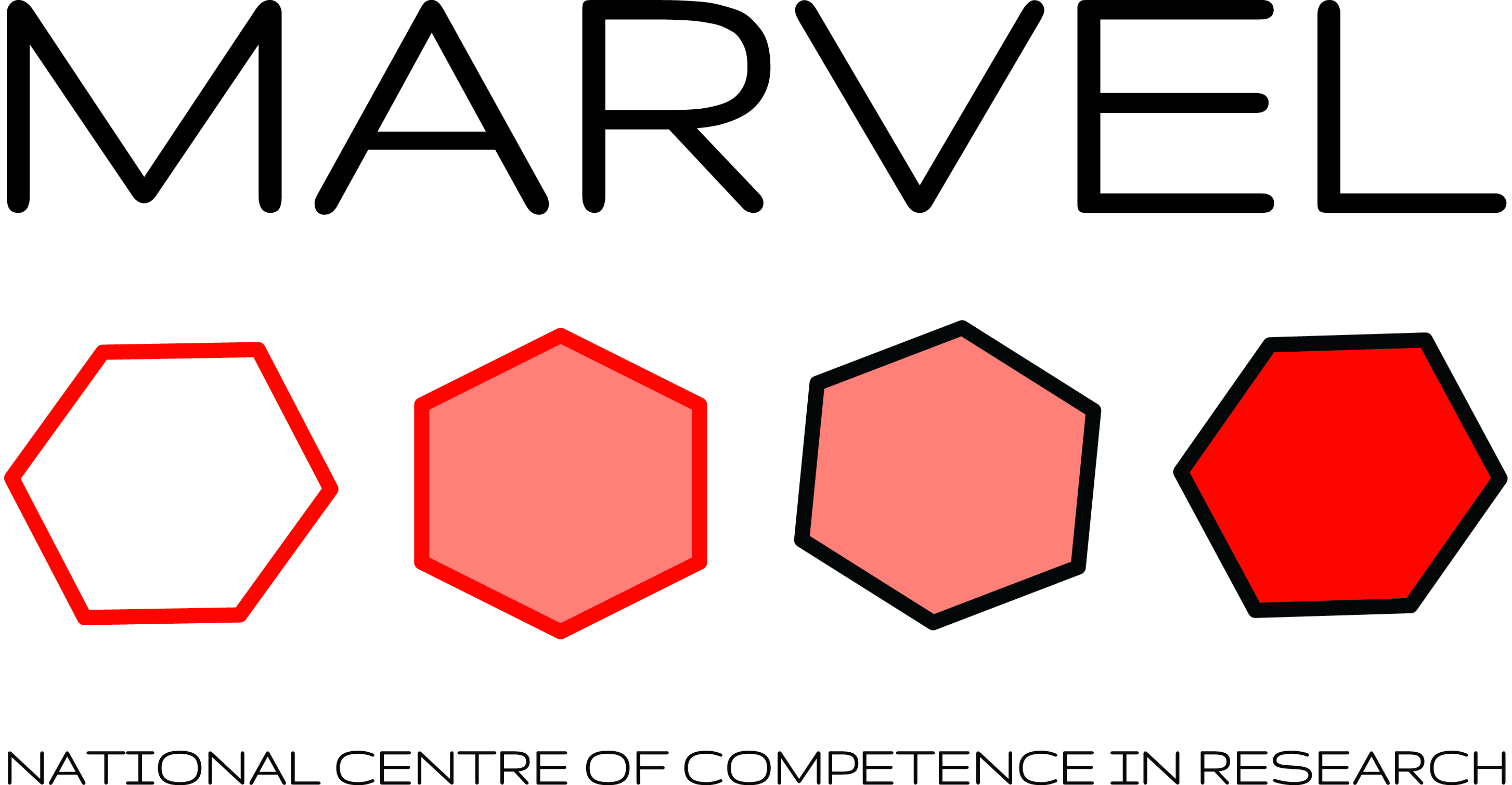 |
Synopsis
Fortran is one of the most used programming languages for scientific computing*. Most of the codes however make use of old Fortran standard features (mainly F95), while an effort of modernization of the language has been undertaken with the last revisions of the standard (F03, F08, F18).
Our three days workshop is aimed at programmers, active in the development of a scientific application written in Fortran, who want to write modern code or modernize existing codes. Special focus is given to parallel computing. It consists of lectures, invited speakers presentations, and practical hands-on sessions. Participants are invited to using the new techniques in their own programs. Remember to bring your laptop with you with a Fortran compiler installed! Also, we will ask you to install some other packages (or a VM on VirtualBox if you cannot directly install the tools on your system).
The course is free of charge. Please register until April 30th May 18th (extended deadline). The registration is now closed. Please contact the organizers for a late registration. If you have any questions, please contact one of the local organizers (see contacts).
Funding by the UZH Graduate Campus via a GRC Grant is gratefully acknowledged.
Funding by the NCCR MARVEL is gratefully acknowledged. These funds would be prioritized to support female PhD students, post-docs and scientists.
 |
 |
The National Centres of Competence in Reseach (NCCR) are a research instrument of the Swiss National Science Foundation |
* In the 2016 Annual report from CSCS more than 60% of the users declared to use Fortran, which makes it the most used language in the CSCS User community.
Topics
- Day 1 (Invited speaker: Arjen Markus, Deltares Institute in Delft, The Netherlands)
- New Fortran 2003/2008 features (including Object-Oriented) and outlook to the new standard 2018
- Best practices for Fortran
- Day 2 (Invited speaker: Hans Pabst, Intel Switzerland, and Mikko Byckling, Intel Finland)
- Fortran/C interoperability
- Fortran parallelization
- Day 3 (Invited speaker: Bálint Aradi, Bremen Center for Computational Materials Science, University of Bremen)
- Fortran-related tools
- Unit-testing frameworks
- Meta-programming tools
- Source-code documentation tools
- Fortran-related tools
Aim
The workshop will provide an overview of the relevant modern features of Fortran, up to the concepts that will be introduced with the 2018 standard. After the course, the participants should be able to improve their skills in writing/improving their programs for scientific applications using the Fortran language.
Pre-requisites
- Being active in the development of a scientific application written in Fortran (basic knowledge of Fortran)
- Basic knowledge of C language
- Familiarity with object-oriented programming concepts and parallel programming techniques.